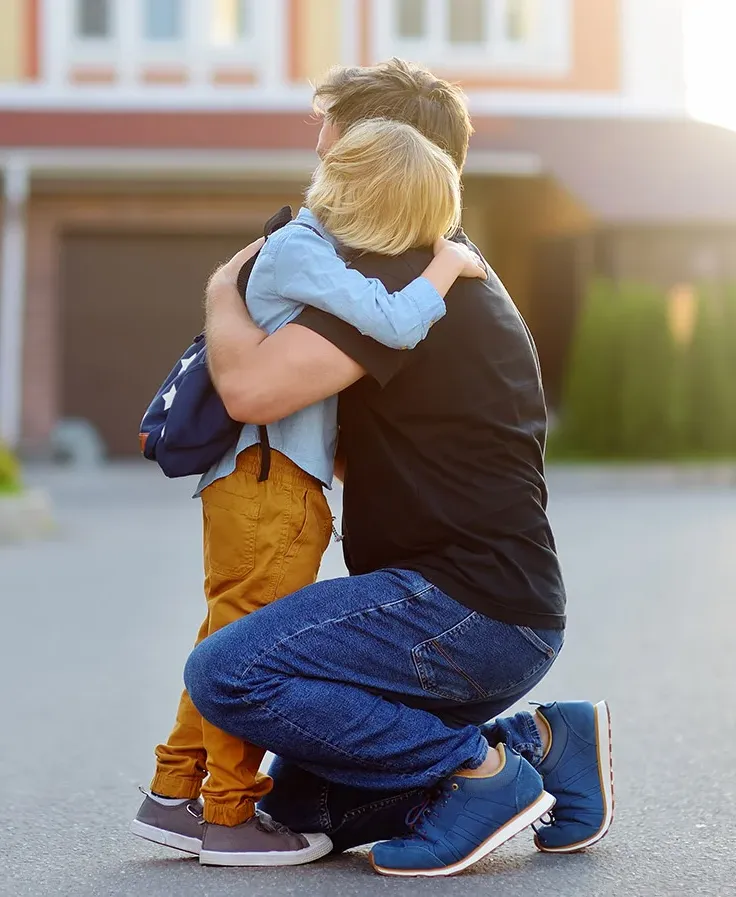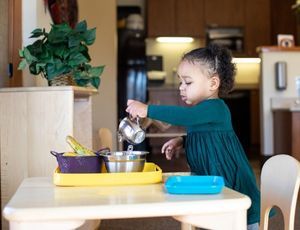Another school year will soon begin at MSL! With it comes the excitement of new friends and learning experiences, and sometimes a few butterflies. For our younger students, separation anxiety and tears are not uncommon, as children and parents alike are asked to hand over a bit of their trust to the teachers they will be working with throughout the school year.
What can you do over the coming weeks to prepare your preschooler for the back-to-school transition?
Below are a few helpful suggestions:







